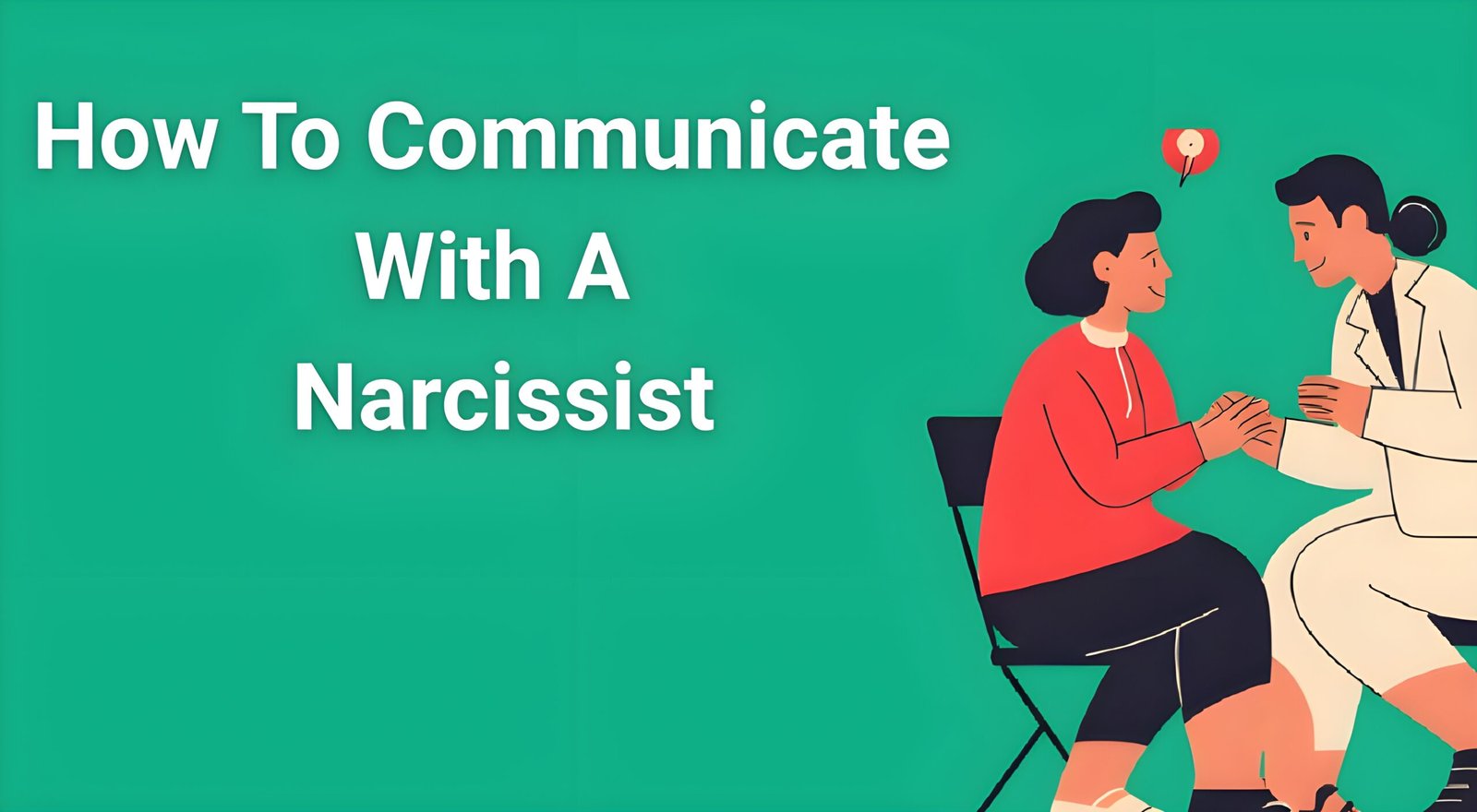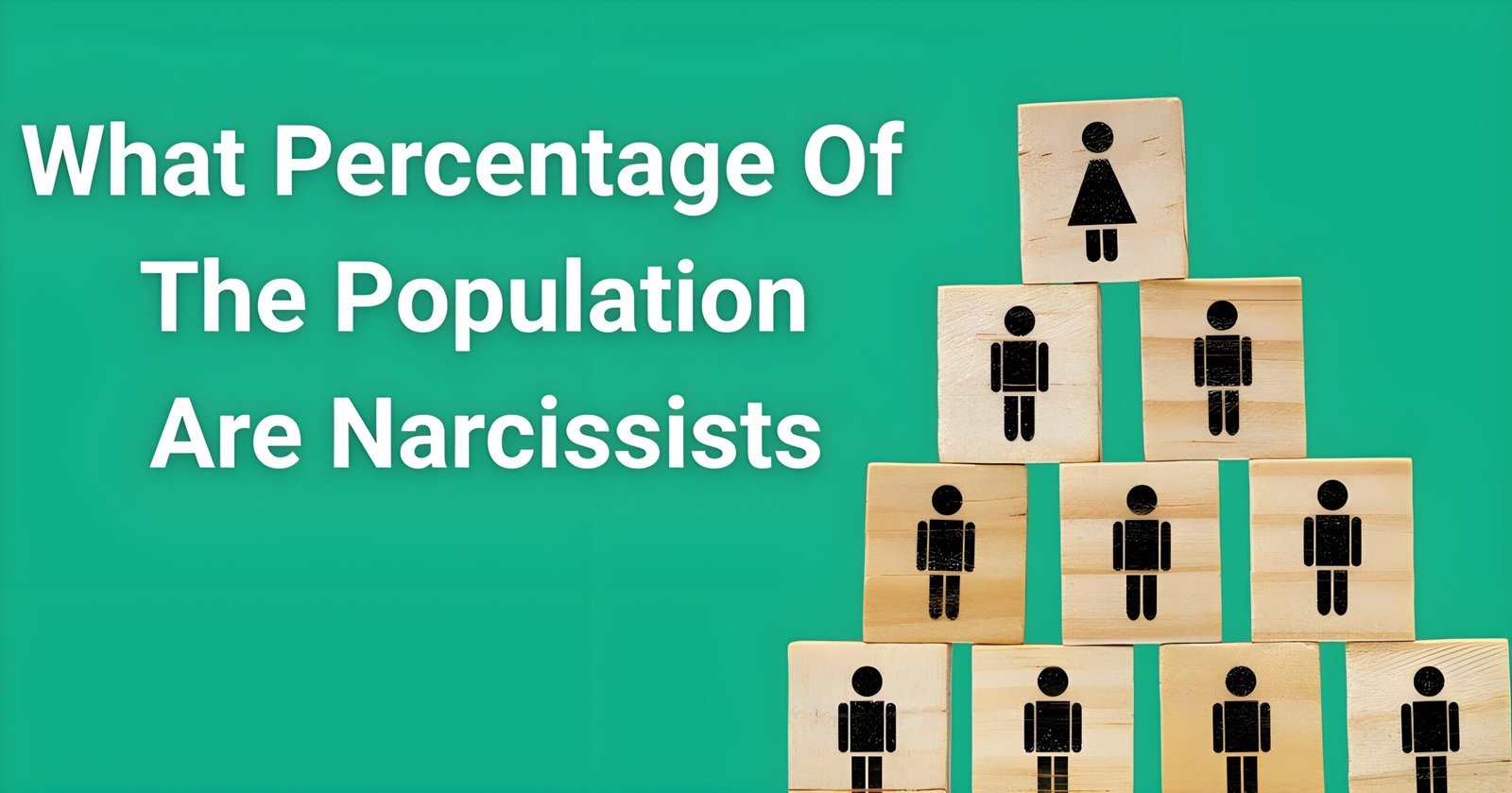Learning how to communicate with a narcissist can feel like trying to have a rational conversation with someone speaking a completely different language. Whether you’re dealing with a narcissistic spouse, parent, boss, or co-parent, you’ve likely discovered that normal communication rules simply don’t apply. The constant walking on eggshells, the gaslighting, and the feeling that every conversation becomes a battleground can leave you questioning your own sanity.
- Understanding the Narcissistic Communication Landscape
- The 8 Essential Strategies for Communicating with a Narcissist
- Advanced Protection Strategies
- When Professional Intervention Becomes Necessary
- Protecting Your Children During Narcissistic Communication
- Building Your Support Network
- Technology Tools for Safer Communication
- Recovery and Rebuilding Your Identity
- The Science Behind Why These Strategies Work
- Frequently Asked Questions
- Conclusion: Your Path Forward
The harsh reality is that while no contact might be the healthiest option, it’s not always possible. You might share children, work together, or have family obligations that make complete avoidance impossible. That’s where understanding narcissistic communication patterns becomes your lifeline—not to change them, but to protect yourself while navigating these challenging interactions.
Understanding the Narcissistic Communication Landscape
Before diving into specific strategies for how to communicate with a narcissist, it’s crucial to understand what you’re really dealing with. Narcissistic individuals don’t communicate to connect, understand, or resolve issues. Their communication serves entirely different purposes: to maintain control, seek validation, avoid accountability, and preserve their inflated self-image.
This fundamental difference explains why your attempts at healthy communication have likely failed. You’re bringing tools for building bridges to someone who’s playing an entirely different game—one where winning is everything and your emotional well-being is irrelevant.
Narcissistic abuse creates what psychologists call trauma bonds—powerful psychological connections that make leaving feel impossible, even when you know the relationship is toxic. These bonds hijack your brain’s reward system, creating an addiction-like attachment that clouds your judgment and keeps you hoping things will change.
The 8 Essential Strategies for Communicating with a Narcissist
1. Master the Art of Grey Rock Communication
The grey rock method involves making yourself as uninteresting as possible during interactions. When learning how to communicate with a narcissist using this technique, your goal is to become boring and unresponsive to their attempts at drama.
Keep responses short, factual, and emotionless. Instead of “I can’t believe you’re saying that—it makes me feel terrible,” try “I understand your position.” This approach removes the emotional supply they crave while protecting your own energy.
2. Implement the DEEP Boundary System
Dr. Ramani Durvasula’s DEEP technique provides a powerful framework for narcissistic communication:
- Don’t Defend: Your truth doesn’t need defending to someone who refuses to see it
- Don’t Engage: Avoid getting pulled into circular arguments or manipulation
- Don’t Explain: Over-explaining gives them ammunition and validates their right to interrogate you
- Don’t Personalize: Their behavior reflects their issues, not your worth
3. Document Everything for Your Protection
When you must communicate with a narcissist, especially in legal or co-parenting situations, documentation becomes your shield. Save all text messages, emails, and if legal in your area, record phone conversations. This isn’t about building a case—it’s about maintaining your grip on reality when gaslighting intensifies.
Create a simple log noting dates, times, and key details of interactions. This practice helps combat the confusion and memory questioning that narcissistic abuse creates.
4. Use Strategic Information Limitation
Understanding how to communicate with a narcissist means recognizing that information is power—and they will weaponize anything you share. Practice the “bean dip” technique: acknowledge their statement with minimal response and redirect.
When they ask invasive questions, try: “That’s interesting,” “I’ll think about it,” or “Thanks for the suggestion.” These responses satisfy their need for acknowledgment without providing ammunition for future attacks.
5. Establish Communication Time Boundaries
Set specific times for communication and stick to them. If you’re co-parenting, consider using apps like Our Family Wizard or communicating only during designated hours. This prevents the constant intrusion that narcissists use to maintain control over your mental space.
For workplace situations, keep interactions professional and time-limited. Schedule meetings with clear agendas and endpoints rather than allowing open-ended conversations that can spiral into manipulation territory.
6. Master Emotional Regulation Techniques
Narcissists are experts at pushing emotional buttons to gain control. Learning how to communicate with a narcissist effectively requires developing your emotional regulation skills. Practice the 4-7-8 breathing technique: inhale for 4 counts, hold for 7, exhale for 8.
When you feel triggered, excuse yourself: “I need a moment to process this. Let’s continue this conversation later.” This isn’t weakness—it’s strategic self-protection.
7. Use the Broken Record Technique
When setting boundaries, repeat your position without getting drawn into debates. If they continue pushing after you’ve said no, simply repeat: “As I mentioned, I won’t be able to do that.” Don’t elaborate, justify, or provide new reasons they can attack.
This technique is particularly effective for how to communicate with a narcissist about boundaries because it removes their ability to find new angles of manipulation in your explanations.
8. Implement Strategic Validation Without Agreement
Sometimes, acknowledging their feelings (without agreeing with their conclusions) can defuse situations. Try phrases like: “I can see this is important to you,” or “I understand you feel strongly about this.” This provides some of the validation they crave without compromising your position.
Advanced Protection Strategies
Recognizing Hoovering and Love-Bombing Cycles
Understanding the cyclical nature of narcissistic behavior helps you prepare for communication challenges. The “hoover” phase—where they suddenly become charming and apologetic—often follows periods of devaluation. Recognizing these patterns helps you maintain emotional distance even during seemingly positive interactions.
During love-bombing periods, they may shower you with attention and promises. Remember that this behavior serves their need for control, not genuine affection for you. Maintaining consistent boundaries regardless of their current “mode” is crucial for your psychological safety.
Breaking Through Trauma Bond Confusion
If you find yourself constantly ruminating about conversations, checking their social media obsessively, or feeling physically ill when trying to maintain distance, you may be experiencing trauma bonding. This neurological addiction to the relationship cycle makes clear thinking nearly impossible.
Trauma bonds function like heroin addiction in your brain—willpower alone isn’t enough to break free. The cycle of cruelty and kindness creates neural pathways that make leaving feel impossible, even when you logically know the relationship is harmful. Understanding this isn’t weakness; it’s neuroscience.
Specialized recovery approaches that target the addictive nature of trauma bonds can help rewire these powerful psychological connections. A structured, day-by-day system focusing on breaking the addiction cycle rather than relying on willpower often proves more effective for lasting change.
When Professional Intervention Becomes Necessary
Learning how to communicate with a narcissist has limitations. If you’re experiencing escalating abuse, threats, or your mental health is deteriorating despite implementing these strategies, it’s time to seek professional help. A trauma-informed therapist who understands narcissistic abuse can provide personalized strategies for your specific situation.
Sometimes, getting an outside perspective on your communication patterns can reveal manipulation tactics you’ve become blind to. Many people find themselves asking questions like “Am I crazy or is this actually abuse?” or “Why do I feel like I’m walking on eggshells constantly?” These feelings of confusion are hallmarks of narcissistic manipulation designed to make you question your own reality.
Expert analysis of your specific situation can validate your experiences and provide a roadmap for either improving communication or safely planning your exit strategy. Understanding exactly what type of narcissistic patterns you’re dealing with, why you feel so confused, and what specific steps to take next can be life-changing for your recovery journey.
Protecting Your Children During Narcissistic Communication
Co-parenting with a narcissist requires extra vigilance to protect your children from manipulation and triangulation. Keep all communication focused strictly on the children’s needs. Use business-like language and avoid sharing personal information that could be used against you or the children.
Document any concerning behavior that affects the children, but avoid using them as messengers or putting them in the middle of adult conflicts. Children are particularly vulnerable to narcissistic manipulation and need your protection, even if it means enduring difficult communications to maintain their safety.
Building Your Support Network
Isolation is a key component of narcissistic control. Rebuilding and maintaining connections with supportive friends, family members, or support groups becomes crucial for your mental health. These relationships provide reality checks when gaslighting makes you question your perceptions.
When you’re trapped in a situation where leaving isn’t immediately possible—whether due to financial constraints, children, legal complications, or other circumstances—having survival strategies becomes essential. This isn’t about accepting abuse, but about protecting your mental health while you work toward freedom.
Consider joining support groups specifically for narcissistic abuse survivors. Hearing others’ experiences validates your own and provides practical strategies that work in real-world situations. Many survivors find that connecting with others who truly understand the unique challenges of narcissistic relationships helps break the isolation that enables continued abuse.
Technology Tools for Safer Communication
Modern technology offers several tools to make communication with narcissists safer and more manageable. Communication apps designed for high-conflict situations can minimize opportunities for abuse while maintaining necessary contact.
Email scheduling tools allow you to write responses when you’re emotionally regulated and send them at appropriate times. This prevents impulsive responses that might escalate conflicts or provide ammunition for future manipulation.
Recovery and Rebuilding Your Identity
Narcissistic relationships systematically erode your sense of self. As you implement these communication strategies, you may notice a gradual return of your authentic voice and confidence. This recovery process isn’t linear—expect setbacks and be patient with yourself.
Focusing on rebuilding your identity outside of the narcissistic relationship helps reduce their power over your emotions. Pursue interests, reconnect with your values, and make decisions based on your own needs rather than their approval or disapproval.
The Science Behind Why These Strategies Work
Understanding the neurological aspects of narcissistic behavior can help you approach communication more strategically. Narcissists often have impaired empathy centers in their brains, making emotional appeals ineffective. Instead, strategies that appeal to their self-interest or avoid triggering their defensive mechanisms tend to be more successful.
Research shows that trauma bonds create genuine addiction-like patterns in the brain. This explains why “just leaving” advice feels impossible to follow. Recovery requires rewiring these neural pathways through consistent practice of healthy boundaries and self-protection strategies.
Frequently Asked Questions
Q: Will these communication strategies change my narcissist’s behavior? A: No, these strategies are designed to protect you, not change them. Narcissistic personality patterns are deeply ingrained and rarely change without intensive professional intervention that the narcissist must willingly pursue.
Q: How can I tell if I’m dealing with true narcissism or just difficult behavior? A: Key indicators include consistent lack of empathy, grandiose sense of self-importance, need for constant admiration, exploitation of others, and inability to take responsibility for their actions. Professional assessment can provide clarity.
Q: What if the narcissist escalates when I start setting boundaries? A: Escalation often occurs when narcissists lose control. This doesn’t mean your boundaries are wrong—it means they’re necessary. Have a safety plan ready and consider professional support for high-risk situations.
Q: Can I use these techniques with narcissistic family members? A: Yes, these strategies work in family situations, though they may require modifications. Family dynamics often involve complex loyalties and histories that need professional guidance to navigate safely.
Q: How long does it take to see improvement in communication? A: You may notice reduced emotional reactivity within weeks, but full mastery of these techniques often takes months of consistent practice. The goal is protection and peace, not perfect communication.
Q: What if I slip up and engage in old communication patterns? A: Setbacks are normal and don’t negate your progress. Narcissistic abuse creates powerful psychological patterns that take time to unlearn. Be compassionate with yourself and return to your strategies without self-judgment.
Conclusion: Your Path Forward
Learning how to communicate with a narcissist when you can’t leave isn’t about fixing the relationship—it’s about preserving your sanity and safety while navigating an impossible situation. These strategies won’t create the healthy communication you deserve, but they can significantly reduce the emotional damage and psychological confusion that narcissistic interactions typically cause.
Remember that implementing these techniques is a skill that develops over time. Some days will be harder than others, and that’s completely normal. Your goal isn’t perfect execution but consistent self-protection and gradual emotional detachment from their manipulation attempts.
Most importantly, while these strategies can make your current situation more bearable, they’re not meant to be permanent solutions if safer alternatives become available. Continue building your support network, developing your independence, and planning for the future that prioritizes your well-being above all else.
Your peace of mind isn’t negotiable, and learning to protect it while dealing with narcissistic communication is one of the most important skills you can develop. Trust your instincts, honor your boundaries, and remember that their behavior reflects their character, not your worth.






